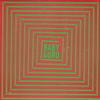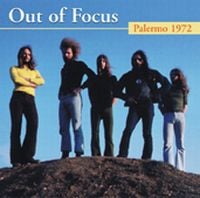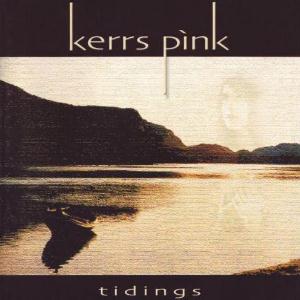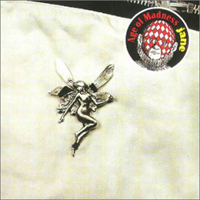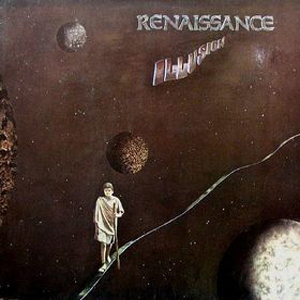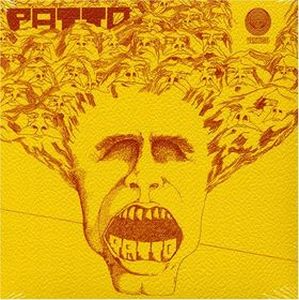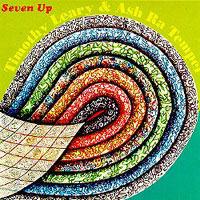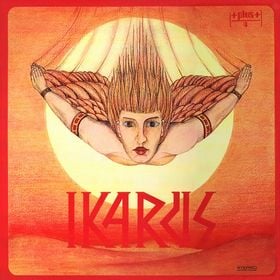
The 15-mins Eclipse starts out blues-like with a big guitar riff, but soon evolves into excellent phases of instrumental interplay, while Kohler's voice and accent being rather convincing, but the lyrics (not necessarily his when reading the credits) are not quite so. The opening track is quite interesting with its multiple movements including the organ-filled Scyscraper over symphonic layers (incl mellotrons) and ending in electronic birdsongs and other bruitist stuff. The following Mesentery is the weakest track of the album and disappears in a kosmic and spacey interlude before returning via string layers. The flipside opens on TV or Radio jingle ?like riff, which is the start of the other epic, the 11-mins Raven where Petersen's wind instruments soar, then suddenly (abruptly) morphing into a psych/space improv in its middle section before climbing back gradually via a an heard-elsewhere riff (Heep's Gypsy Woman) and ending in footsteps. The closing track (sung by guitarist Schulz) Early Bell's Voice is a strange trip through ether-modified soundscapes where the organ dominates until disappearing into a knell tolling its madness. Strange ending.
This was to be their only album (now very rare and expensive as a vinyl), most of the members continuing their musical foray, but not necessarily in prog circles, with leader Petersen becoming a record producer later in the decade after passing through Cornucopia. While I wouldn't call Ikarus essential to your collection, it is surely good enough to earn a spot in it and therefore deserving its fourth star.
(review from progarchives.com)
Songs / Tracks Listing 1. Eclipse: (15:24)
a) Skyscrapers
b) Sooner or later
2. Mesentery (6:11)
3. The raven (including "Theme for James Marshall") (11:43)
4. Early bell's voice (7:43)
Total Time: 41:01
Line-up / Musicians
- Lorenz Köhler / lead vocals
- Wolfgang Kracht / bass, back vocals
- Jochen Petersen / acoustic & electric guitars, alto & tenor saxes, flute, clarinet, back vocals
- Bernd Schroder / drums, percussion
- Manfred Schulz / guitar, lead vocals (4), back vocals
- Wulf-Dieter Struntz / organ, piano
Ikarus - Theme For James Marshall (part I)


